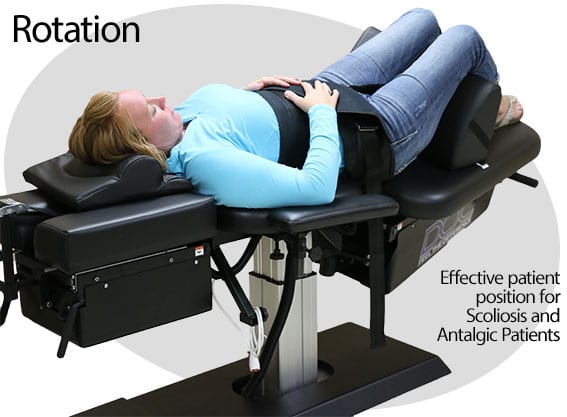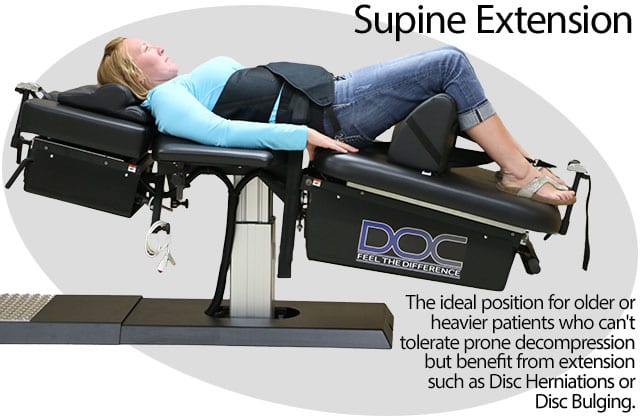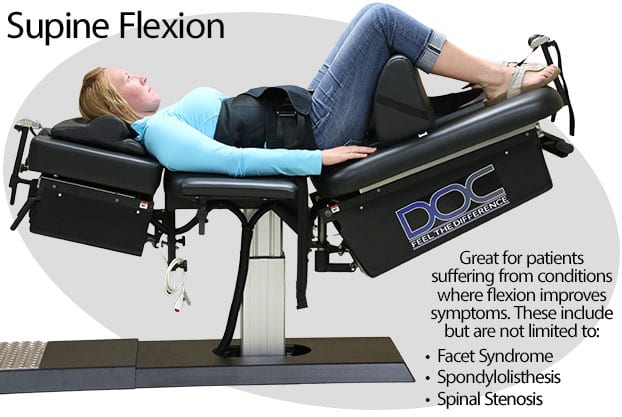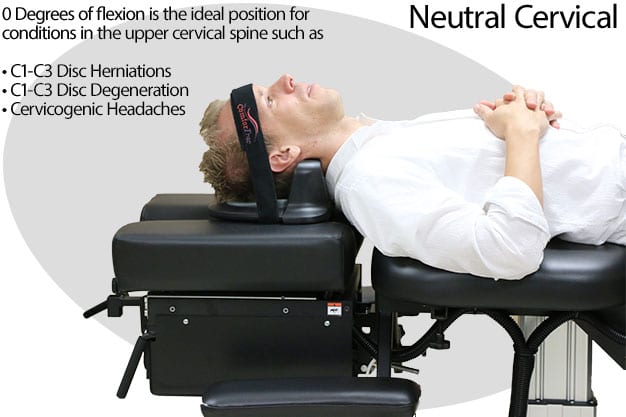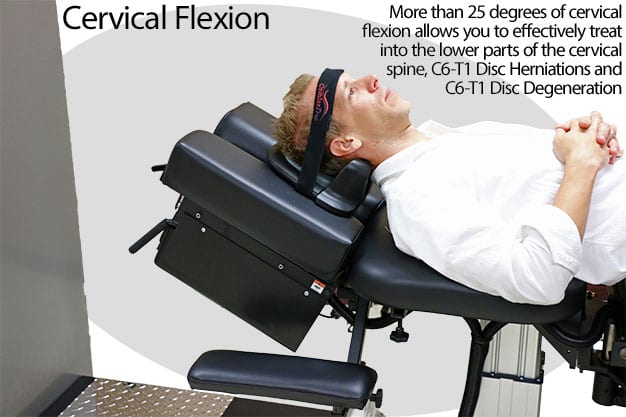How Spinal Decompression Works
Unlike almost every other part of your body, the discs between each vertebra in your spine often don’t get a proper blood supply. Because of this, when the discs are damaged the healing process is extremely slow. When a disc is torn or herniated, it can no longer maintain an adequate intake of fluid and will become dry and brittle, leading to more damage, degeneration, inflammation and pain.
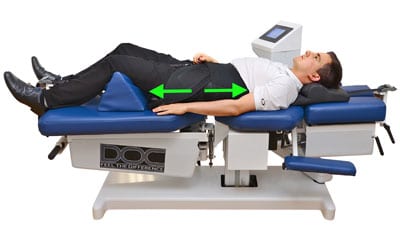
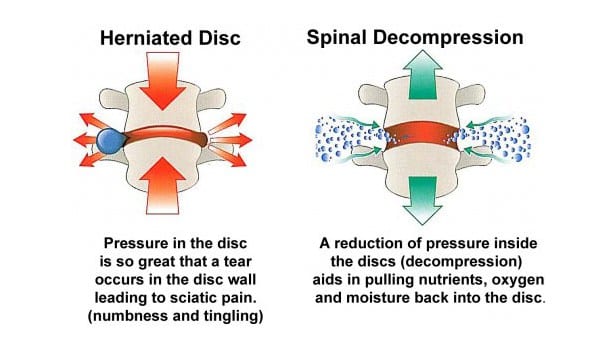
What Makes Spinal Decompression Different?
Every day we hear the same story repeated over and over again. People just like you tell us:
- “I have a herniated, bulging, or degenerated disc.”
- “I tried six weeks of physical therapy, and now it’s worse.”
- “Chiropractic only helped temporarily.”
- “I really hate taking pain pills.”
- “My doctor tells me that my only option is surgery. I really don’t want surgery because I have heard way too many horror stories. I don’t want the down time, it’s too risky, and it’s just too expensive.”
- “If physical therapy didn’t work, does that mean everything else will fail?”
The real question you need to ask yourself is “What makes Spinal Decompression different?”
Over the years, nearly 90% of the patients who come in for a spinal decompression consultation have already tried physical therapy, chiropractic, and other therapies with minimal success or, even worse, their pain and discomfort actually increased.
The GOOD NEWS is, of these patients, about 80% to 85% of these will get significant relief from their pain with spinal decompression.
How could this be?
Every treatment method has its appropriate application. However, most clinicians would agree that physical therapy and other treatments including chiropractic, massage, acupuncture, pain pills, and even surgery often fail because the treatments simply do not typically treat disc-related conditions successfully .
A large majority of the patients who seek out spinal decompression treatments have been told by a physician that they have a disc-related condition such as a degenerated, herniated, bulging, or slipped disc. They often have their MRI results to confirm this.
If this is what you or a loved one has been told, then it’s important that you understand the nature of your treatment options:
- Physical therapy will help to strengthen and stretch muscles surrounding the discs, but it typically does not address disc-related conditions.
- Chiropractic helps mobilize joints and take pressure off of nerves, but it does not typically address disc-related conditions.
- So why isn’t anybody addressing the discs?
- Most of these therapists and doctors help a lot of patients with a wide variety of conditions. But, they simply do not have the right tools to address their patients’ disc-related conditions.
With over 6,000 physicians now performing spinal decompression and more than ten research articles proving its effectiveness, spinal decompression is quickly becoming the most trusted treatment for disc-related conditions.
At the end of the day, you need the right tool for the right job. It’s like trying to do carpentry with plumbing tools. Plumbing tools are great and help a lot of people who are dealing with plumbing-related issues. However, if you are trying to use plumbing tools to put a desk together, you may be barking up the wrong tree.
It takes the right person with the right set of tools to get the best results for your individual condition. For patients suffering from disc degeneration, disc herniation, disc bulges, and slipped discs, the right tool and solution is often spinal decompression. Anything else could be like trying to tighten bolts with a sander.
To your health,
Jeff Clark, DC
207 Spine
Maine Spinal Decompression Center
P.S. If you or someone you love is struggling with a herniated or bulging disc, sciatica, disc degeneration or chronic neck or back pain that hasn’t responded to other forms of care, why put up with it one day longer? It’s not necessary to live in pain. We can help. Call our office to discover if spinal decompression therapy can work for you. Call us today at: (207) 725-6500

